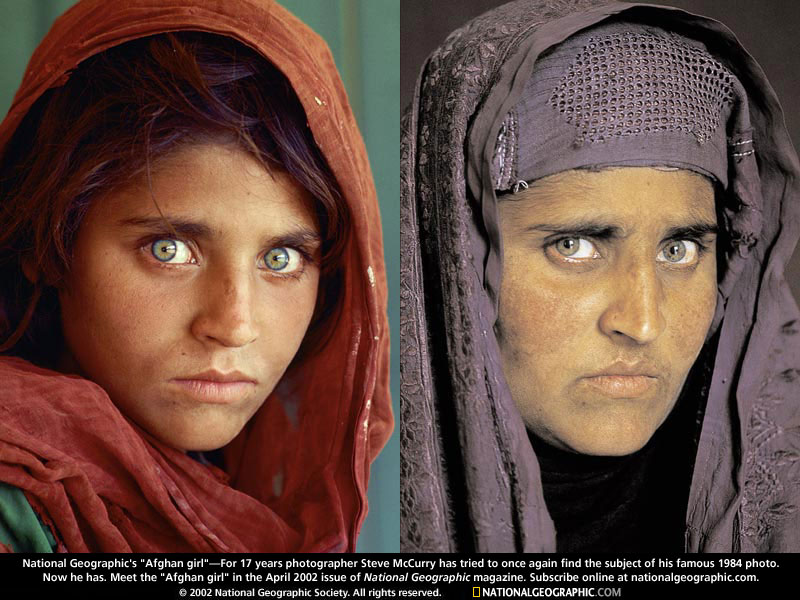FWP:
SETS == POETRY
This verse pays tribute to Zuhuri, a Persian poet whom Ghalib genuinely admired; for another tribute, see {92,7}. Zuhuri (d.1615) was a member of the 'Herat School' of Persian poetry, a school that 'seems never to have been popular in Persia, except, perhaps, in their own day in Khurasan, but enjoys a much more considerable reputation in India, where Zuhuri, whose very name is almost unknown in Persia, enjoys an extraordinary and, as I think, quite undeserved fame, especially as a writer of extremely florid and bombastic prose' (Browne 4:250).
Browne's view reflects the literary politics of Iranian Persian vs. Indo-Persian poetry and poets, a complex subject we can't really get into here. But it's significant that all the poets Ghalib praised in his polemical work bād-e muḳhālif were Iranian-born, unlike his earlier, Indian-born favorite Bedil. From the time of his Calcutta trip onwards, Ghalib downplayed the (continuing) influence of Bedil on his literary development, and more or less officially replaced him with the suitably Iranian-born Zuhuri.
This light, self-mocking verse both underlines Ghalib's usual complaint of non-recognition, and enables him to set up a direct claim to equality with Zuhuri. Just as the 'manifest' and the 'secret' can be seen as opposite poles with equal significance, each indispensable to the definition of the other, so Ghalib-- under the temporary tongue-in-cheek guise of 'Khafa'i'-- can be seen as an opposite pole to Zuhuri. If anything, in mystical terms the 'inner' is higher and more significant than the merely 'outer'.
Perhaps Zuhuri and 'Khafa'i' are even two expressions of the
same (poetic) mind, one outer and public, the other inner and private. Indeed, in order
to tell them apart you have to resort to a special test, for they both pointedly
live up to their names: one is famous, the other isn't.

Nazm:
That is, my not being famous is the proof that I am Khafa'i/secret, and between 'manifest' and 'secret' is an opposition. So I am the opposite pole to Zuhuri. (106)
== Nazm page 106